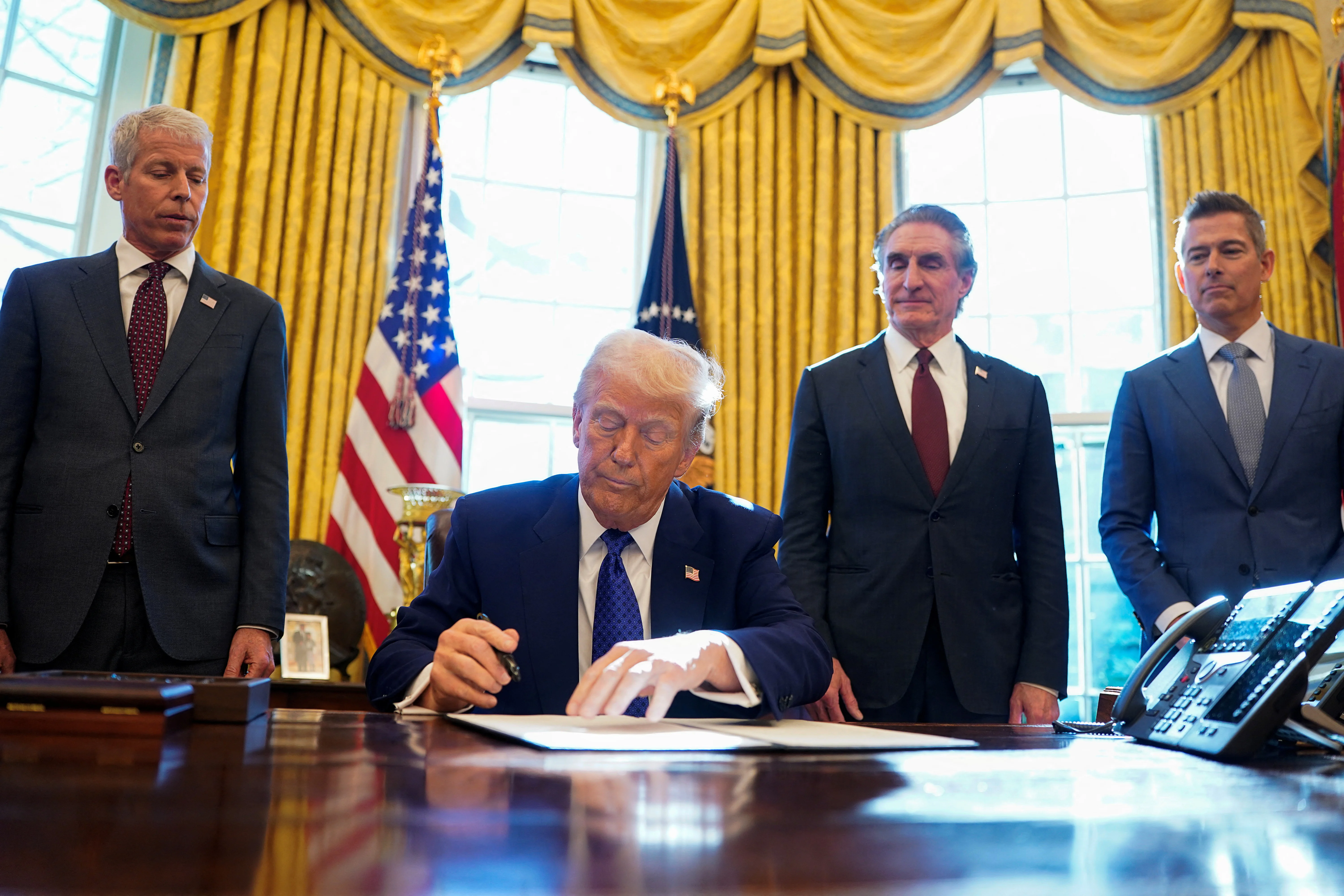The White House has claimed a causal link between acetaminophen use during pregnancy and autism, a statement immediately challenged by leading scientists and health organizations who cite the evidence as 'weak' and 'inconclusive'.

October 2, 2025

Source:
Center for American Progress
Administration Cites Weak Evidence, Sparks Outcry
The White House today asserted that taking acetaminophen (Tylenol) during pregnancy causes autism, a claim that has drawn swift condemnation from the scientific community for misrepresenting research. In a press release, President Trump and HHS Secretary Robert F. Kennedy, Jr. pointed to several studies as proof of a causal link.
However, leading health organizations and researchers were quick to refute the administration's conclusions. The Autism Science Foundation (ASF) described the evidence as "limited, conflicting, and inconsistent."
Dr. Alycia Halladay, ASF Chief Science Officer, noted that the studies cited show only small associations, not causation, and are plagued by significant methodological issues. "To draw a causal conclusion from this body of evidence is a significant misrepresentation of the science," she stated.
Keep up with the story. Subscribe to the PR+ free daily newsletter

Source:
Brookings Institution
Experts Point to Flawed Research and Confounding Factors
Critics argue the White House is ignoring the nuances of scientific research and conflating association with causation. Many of the studies failed to account for critical confounding variables.
Underlying Medical Conditions
Many studies did not control for the reason acetaminophen was taken, such as fever or infection. Both are known independent risk factors for developmental issues, including autism. Therefore, the association might be with the underlying illness, not the medication.
Stronger Evidence Suggests No Link
A large-scale Swedish study involving 2.4 million children provided more robust evidence. By using sibling controls—comparing siblings from the same mother where one was exposed to acetaminophen and the other was not—researchers could better account for genetic and environmental factors. The study found that any previously observed link to autism disappeared, suggesting family-related factors were the likely cause of the weak association seen in other studies.
As reported in Nature, the broader scientific consensus remains that no causal link has been established.
Read More

Source:
Medicare Rights Center
Share this news:




















